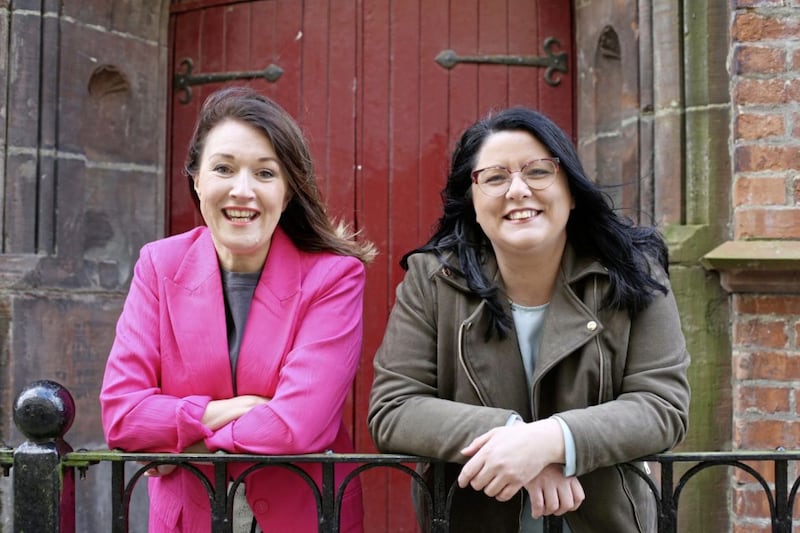THE so-called sharing economy appears to be booming. Companies like Uber and Airbnb have shown the way the way, and many start-ups are following suit, with no shortage of venture capital money supporting them in their mission to help revolutionise how people shop, travel and live.
The sharing economy is a way of distributing goods and services that differs from the traditional model of companies hiring employees and selling products to consumers. In the sharing economy, individuals rent or share things like their cars, homes and time, often in a peer-to-peer fashion.
The growth in this way of doing things has very much been fuelled by technology. From construction equipment to furniture and luxury jewellery, consumers can now rent almost anything via the internet.
A company called Rent the Runway lets shoppers rent everything from high-end designer clothes to everyday staples. Stashbee which has been dubbed the “Airbnb for storage”, operates a very similar model to the accommodation platform by connecting people looking for a place to park their possessions with property owners who want to profit from their under-used space.
An online marketplace for carpooling, BlaBlaCar helps drivers to share petrol costs for long trips by connecting them with potential passengers who can fill empty seats. Zipcar’s carpooling model means consumers living in the city don’t need to buy a vehicle but as members of Zipcar can access a car or van through various plans starting from a few pounds per hour.
Whether it’s for cost, convenience, storage constraints, or sustainability reasons, consumers are really getting behind to the idea of sharing through both peer-to-peer platforms and direct-to-consumer sites.
The fact is that the sharing economy has been one of the fastest growing business trends in history and it has been disrupting traditional business sectors.
A lack of overheads and inventory often help share-based businesses run in a very lean way. And it’s unsurprising that there are so many start-ups and very fast-growing companies in this space and so many venture capitalists prepared to back them.
Turo, for example, has raised well over $400m in venture capital funding. It is a peer-to-peer car-sharing company available in the US, Canada and parts of Europe including the UK. It is valued at over $1 billion and connects car owners with drivers. It has high-end sports cars, trucks, and much more. Turo hopes to be an alternative to car-rental companies.
Boatsetter is a Florida-based peer-to-peer boat-renting platform that recently raised over $30m in venture capital funding. The start-up offers boat owners a platform to rent out their boats for the day and even has an optional captain service. The website has nearly 20,000 boats listed – and growing - and is available in some 600 locations around the world.
Fat Llama is a peer-to-peer rental platform where you can find almost anything. It recently raised over $13m in venture capital funding. Users can also buy and sell their items, including drones, tents, and musical instruments. The London-based firms was founded in 2016 and is available in the UK and US.
This kind of collaborative consumption appears very much here to stay and looks set to only grow as many people realise they don't need to buy when they can rent from others.
You could even argue that the rapid growth of the sharing economy is reshaping capitalism as consumers stop wanting to buy as much stuff. The fact that concerns for the environment have come so front and centre in society will surely only fuel this trend.
:: Patrick McAliskey is co-founder of Novosco, which employs around 300 people, mostly in Belfast. It was recently acquired by Cancom, a multi-national IT company headquartered in Munich, with 4,000 employees worldwide.








